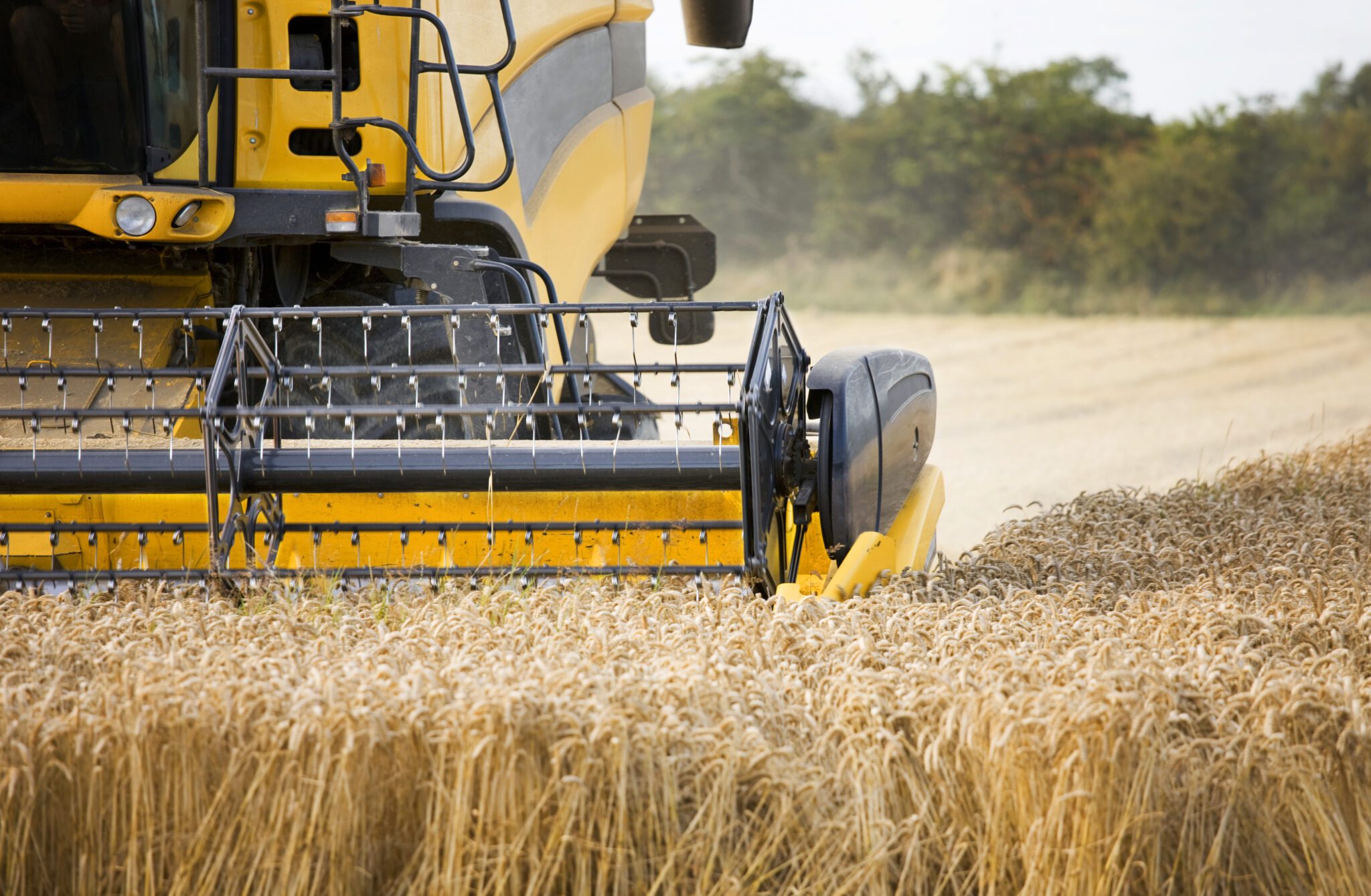News
UW and Partners Bring Whole Grains to Wyoming Food Pantries

The University of Wyoming is announcing a new partnership among Wyoming Heritage Grains, Food Bank of Wyoming and University of Wyoming Extension that is bringing Wyoming-grown whole grains to food pantries across the state.
According to UW, this initiative connects Wyoming producers and processors, such as Wyoming Heritage Grains, with anti-hunger organizations, including Food Bank of Wyoming, and nutrition education programs, such as UW Extension’s Cent$ible Nutrition Program (CNP). Together, these partners will enable statewide distribution of wheat berries and spelt flour, increasing access to and knowledge of how to use whole grains.
“The donation of whole grains has a double benefit,” CNP Director Mindy Meul said. “Not only does it increase food access, but it also addresses nutrition security, which provides nutritious and healthy food options to people who are food insecure.”
The project started with a heritage grains study led by Caitlin Youngquist, a UW Extension educator. In addition to conducting field research, Youngquist facilitated the donation of surplus grains to local food pantries. Through her efforts, the donation program grew to include Wyoming producers and CNP.
“I think it’s really important for people to eat real, whole food and, so, I was all about this project,” Sara Wood, owner of Wyoming Heritage Grains, said. She grew Red Spring wheat berries for the first round of 2023 donations and donated her time to mill Wyoming-grown spelt into flour.
With the help of the Food Bank of Wyoming, the spelt flour and wheat berries are being distributed to food pantries across the state this month, starting in Fremont County June 6-8.
“Supporting local producers and food initiatives is part of the future of feeding our Wyoming neighbors,” Director of Food Bank of Wyoming Rachel Bailey said. “With our large presence and distribution capabilities, Food Bank of Wyoming has the ability to transport these grains to our community partners across the state, who can ensure that this nutritious food is going to neighbors facing food insecurity.”
To support the effort, CNP educators across the state will work with local food pantries to provide educational materials and cooking demonstrations focused on these whole-grain foods.
“It is really fun to work on these collaborative projects that get Wyoming-grown food to Wyoming residents,” Youngquist said. “CNP has been a great partner, and Wyoming Heritage Grains provided the milling and packaging services we needed to get this done.”
To learn more about the project, call CNP at (307) 766-5375 or email cnp-info@uwyo.edu.

